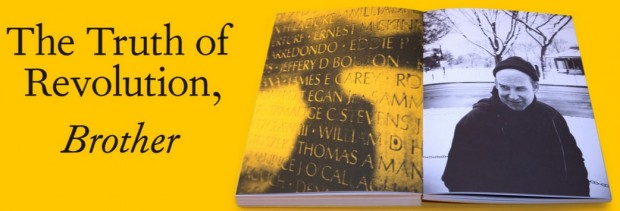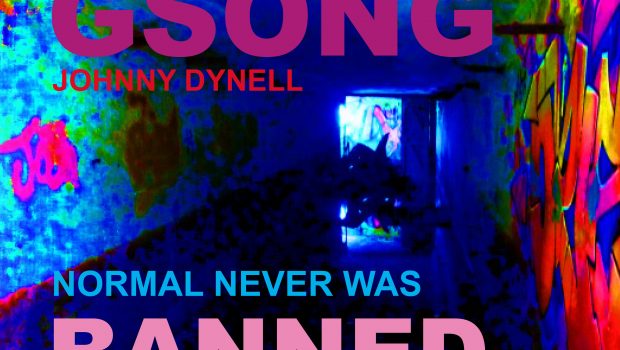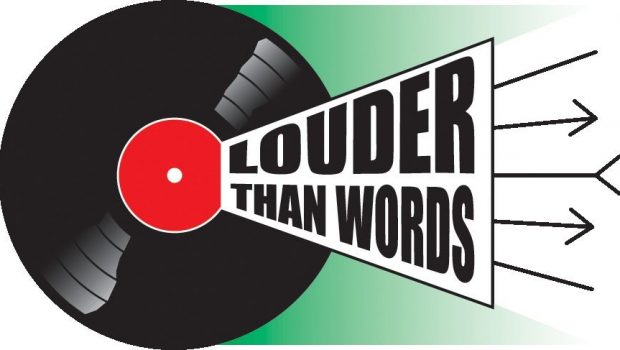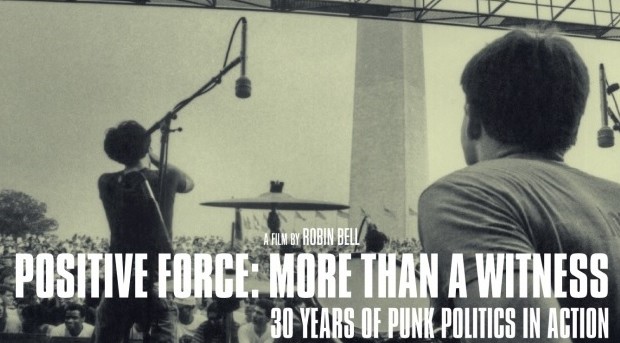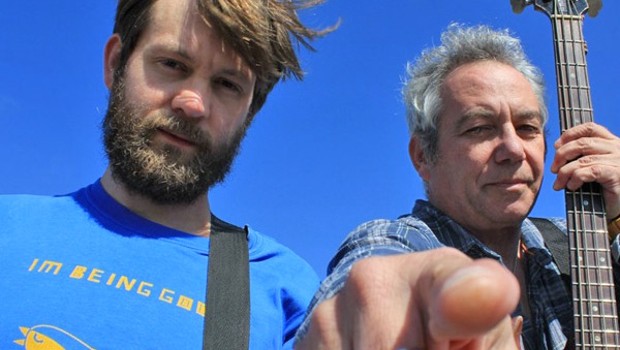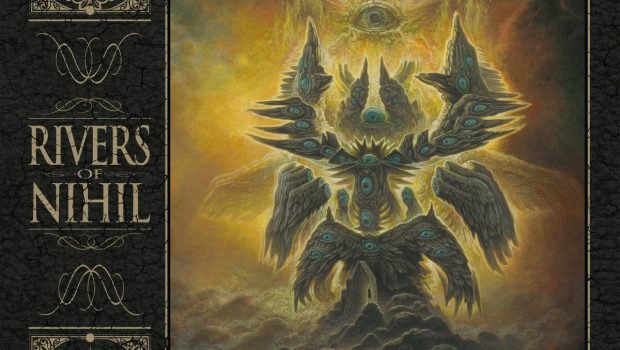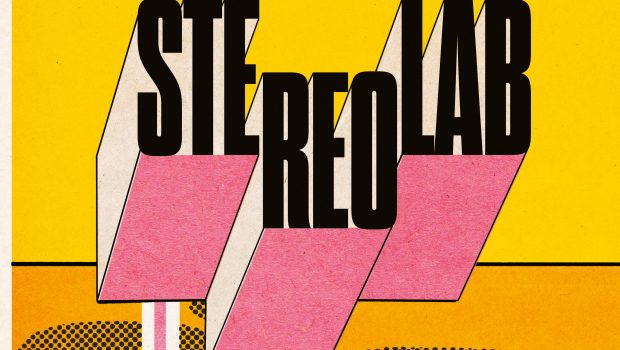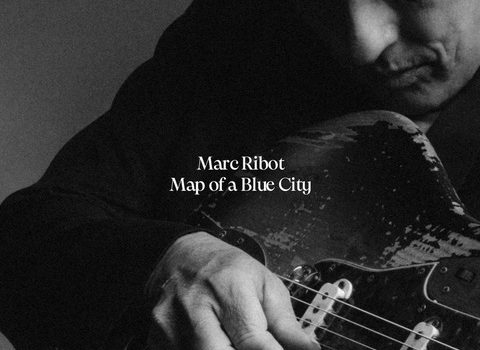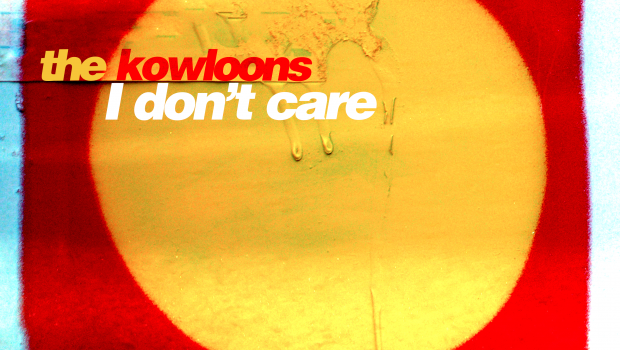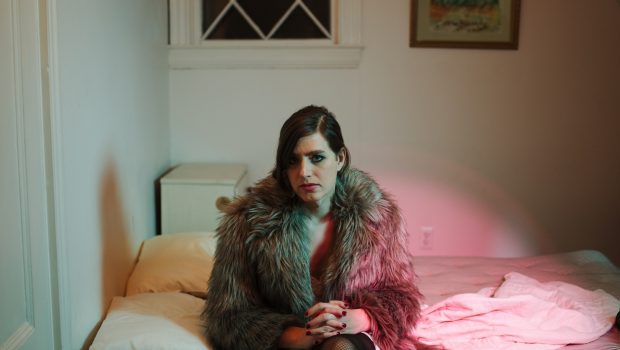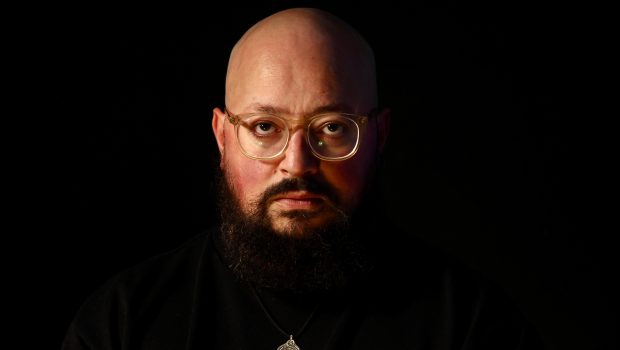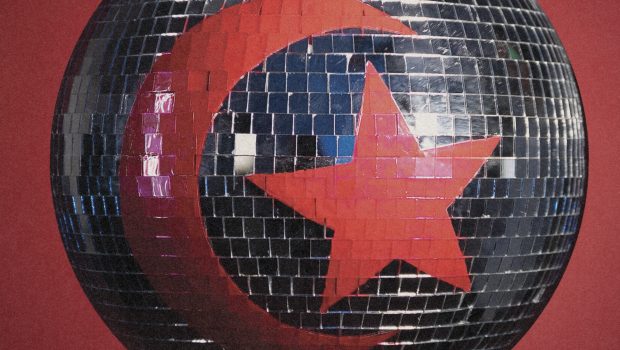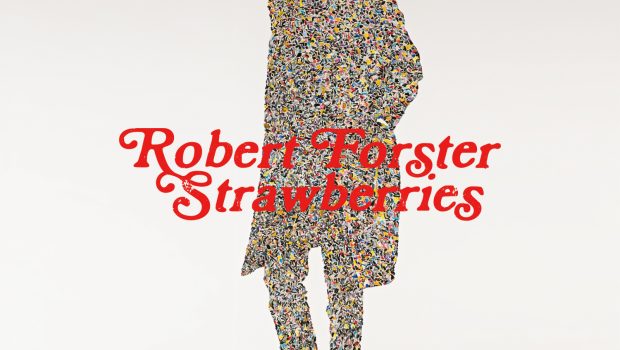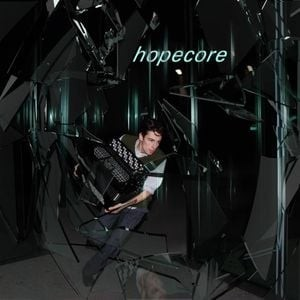WRITTEN BY LISA SOFIANOS, ROBIN RYDE & CHARLIE WATERHOUSE
“If punk was an explosion, then is about what’s happened after the dust settled”, says the foreword of ‘The Truth of Revolution, Brother: An Exploration of Punk Philosophy’ (Situation Press, 2014), by Lisa Sofianos, Robin Ryde and Charlie Waterhouse. This beautifully designed book has a hidden treasure within: several influential punks, I mean, true punks sharing their experiences, thoughts and ways of life.
Conceived as a jigsaw of different voices, it talks about the honesty and the responsibility behind the safety pins, the mohicans and all that paraphernalia, many times empty and over-exploited.
The reader will find a good deal of smashing pieces of truth. “There is no authority but ourselves / There is no love without your own” (Crass’ Penny Rimbaud).
Let’s get it straight, though: this is not a manifesto, but a faithful proof of an attitude that made a difference.
So, what caused that punk explosion? For David King, it was “a combination of disappointment and anger”. Think of punk as a way of shouting out that you actually don’t agree with the bloody terms and conditions.
“To fight the system, or to be the system, that is my biggest question!”, confesses Einar Örn Benediktsson (The Sugarcubes/Ghostigital). Gee Vaucher (Crass) seems to know well the answer to that dilemma: “I’m much more interested in quietly undermining a system if we want to change. I’m an optimist in that respect, or is it romantic?”. For Ian Mackaye (Minot Threat/Fugazi), “the whole point about the way the system works is that our hours are not ours”.
Tic-toc. Who owns our biological clock?
Let’s take Jón Gnarr’s curious life or God Save ‘Maladaptiveness’: “After two years with a paediatric psychiatry institution my diagnosis was ‘Maladaptiveness’ (…). The assumption was that I would never be a normally functioning person in society, and that was the diagnosis”.
Another clue to change our minds, courtesy of Mark Wilson (The Mob): “A lot of us are relying on the banks when we should be relying on each other”.
When Mike Watt (Minutemen/The Stooges) was a nice little kid, he thought that Coltrane “was punk too – just a little older”. For he and his mates, punk was not a style of music but a state of mind. He quotes his beloved friend D Boon: “Punk is whatever we made it to be”. Indeed. Punk is the music and “the hole in the maze” (Jón Gnarr dixit) for the outsiders (“People still see us as outsiders, but outside of what?”), the curious, the dissatisfied, the vulnerable.
Mark Stewart (The Pop Group) points out that “knowledge is a nutrient”. An everyday essential, no doubt. I must admit that I wasn’t aware of how keen punks are on vegetarianism. Knowing about the commitment of many of the interviewed, I confess I’ve felt guilty of not being so considerate to animals. For my reassurance, a couple of days ago I read that a third of the ‘veggies’ eat meat when they’re drunk – Thanks, Vice.
Penny Rimbaud (oh, such a great philosopher!) also contributes to my peace of mind: “The first person to forgive is oneself”.
Punk is about poetry as well. Take this brief sample from Rimbaud’s performance in memory of John Lennon ‘Yes, Sir, I Will’: “(…) Even when it’s there like the wind seen from the window, seeing it, but not being touched by it”. “Yes, we are poets of love”, asserts the author.
Obviously, this philosophy book also deals with big issues such as happiness or death. Let’s take the first one (luckily we always know more about it rather than the latter, don’t we?). First step in the search for happiness: don’t seek it. “I don’t actually strive after happiness and I think it just makes you unhappy if you do”, Tim Smith believes.
On the other hand, Gavin McInnes, one of the founders of Vice and considered himself as a “nerdy punk” -“Yes, punks with books!”, gives us another interesting view on this everlasting matter: “Pursuing that strange ideal is what true happiness is”.
The great Steve Albini, who refuses to take any royalties for his skillful work, questions the purpose of making plans for the future and all that ‘where-will-I-be-5 years-ahead’ crap. “I have essentially refused to have goals”. Simple. Wise.
In fact, according to Ian Mackaye, “there’s four fundamentals in life, right? Air, water, food and fucking (…) Everything else is accoutrements”. Beat that.
Tim Smith applies the same clever simplicity when he reflects on death: “We know about the inevitability of death but it has nothing to do with your dissatisfaction now with your life”.
This is one of the most meaningful books that I’ve read since Chuck Palahniuk’s ‘Fight Club’. “If you want to do something different you have to break some rules”. It’s not Tyler Durden speaking, but Mark Wilson.
It is always reassuring to meet someone who speaks your mind. It’s healthy to be reminded of the main distractors of living right-here-right-now, i.e: the past, regrets, expectations, attachments, fear, television –a way to evade “from the misery of actual life, from the weather, from having a shitty, repetitive, underpaying job”, explains Dick Lucas clearly as a precious and unique snowflake.
If there’s any key message implied, it might be something like this: “Let’s do it ourselves. Let’s do it now. We’ll see whether we’re right or wrong, but in any case it will be our choice. Your choice. Think and act on your own”. That works as the truth of revolution for me. “The choice is ours, the voice is ours, why wait?”, Rimbaud encourages us.
Once the sparkling explosion is gone and the dust is settled, what’s left for punk? Is it really dead yet? “I think that the punk philosophy that is still with me today is not to be afraid to have a go; don’t panic because it doesn’t matter if it fails”, says Tony Drayton. Plus, “in a more thoughtful and considerate way”, Dick Lucas is “still angry”. There’s hope, then.
The Truth Of Revolution, Brother Official | Situation Press
